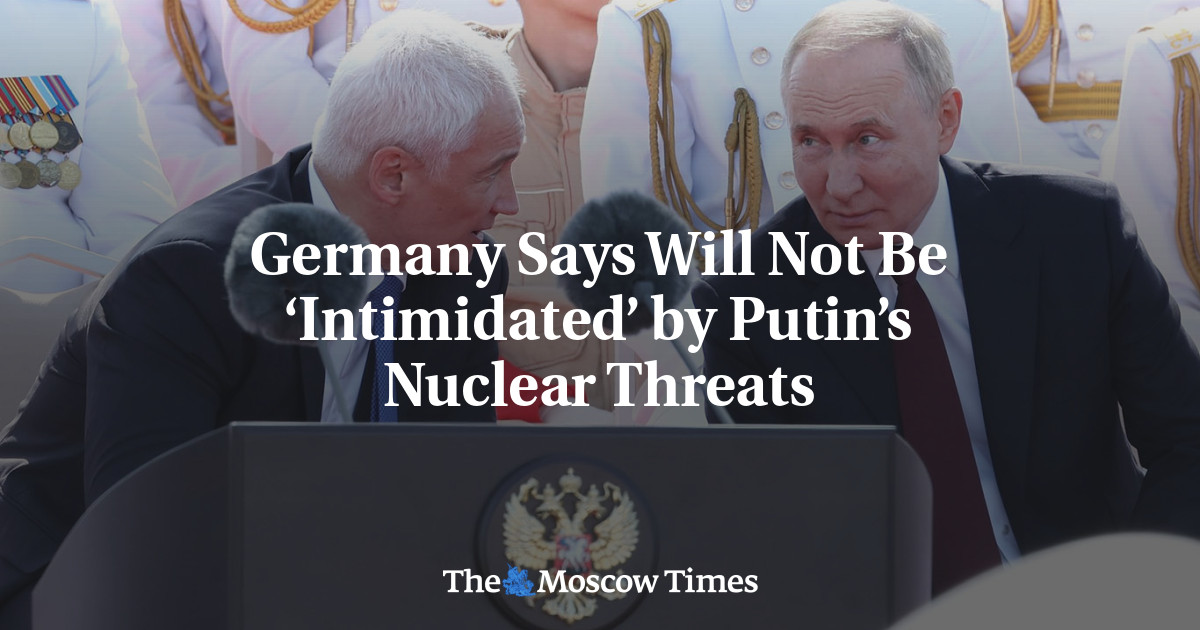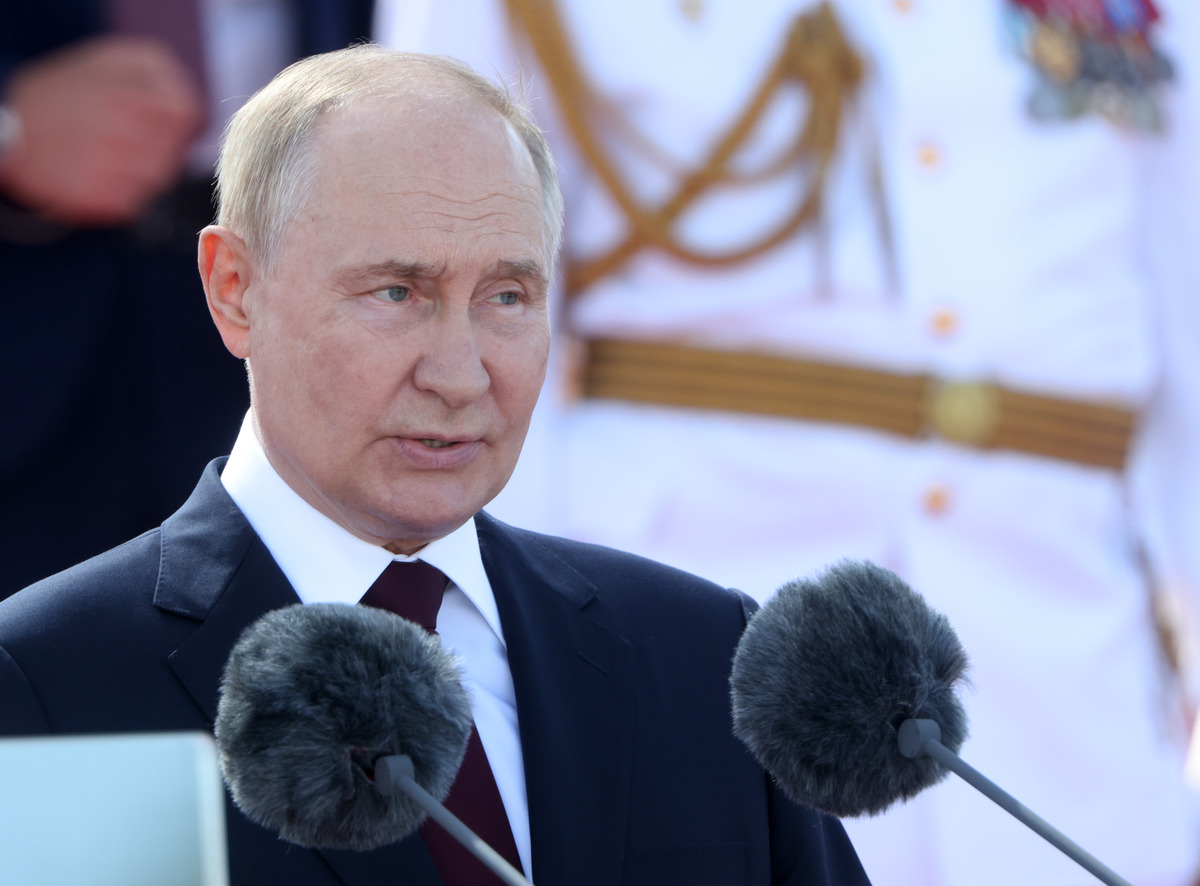
Russian President Vladimir Putin has threatened to deploy previously-banned long-range missiles close to Western countries if the United States goes through with its plans to deploy several types of nuclear-capable missiles in Germany from 2026. The U.S. and Germany announced earlier this month that the U.S. would start 'episodic deployment' of long-range precision weapons in Germany, including SM-6 and Tomahawk cruise missiles, as well as developmental hypersonic weapons with longer range than current land-based fires in Europe.
The Intermediate-Range Nuclear Forces (INF) Treaty, signed in 1987, banned nuclear and conventional missiles with ranges between just over 300 miles and around 3,400 miles. However, the U.S. formally pulled out of the treaty in mid-2019 after accusing Russia of breaching its terms.
Russia has denied these accusations and said it would not resume manufacturing such missiles as long as the U.S. did not send its own abroad.
In late June, Putin announced that Russia would restart production of short- and intermediate-range, nuclear-capable missiles.
Putin warned that if the U.S. carries through with these plans, Russia will consider itself free from its unilateral moratorium on deploying intermediate- and shorter-range strike weapons.
The deployment of these missiles would place Russian state and military command facilities, industrial centers, and Moscow's defense infrastructure in range of strikes. The fly-in time of such missiles that can be eventually equipped with nuclear warheads will constitute about 10 minutes to reach targets on Russian territory.
The U.S.'s actions are reminiscent of the events of the Cold War period, when the U.S. deployed Pershing II intermediate-range ballistic missiles in West Germany.
Germany and other European countries have expressed concern over Russia's threats and called for dialogue to prevent an arms race in Europe.




